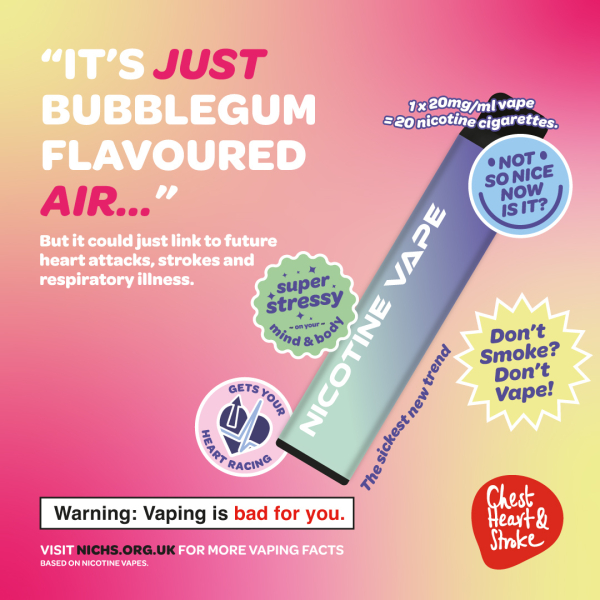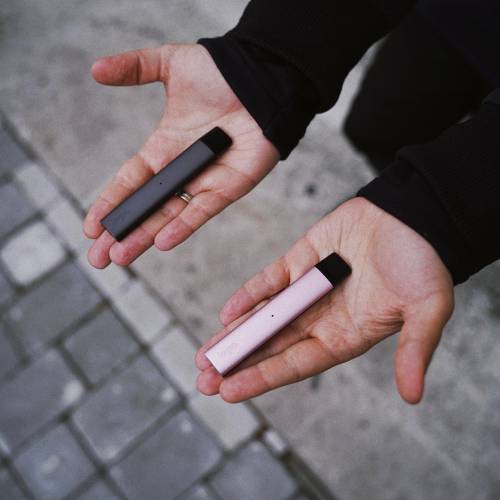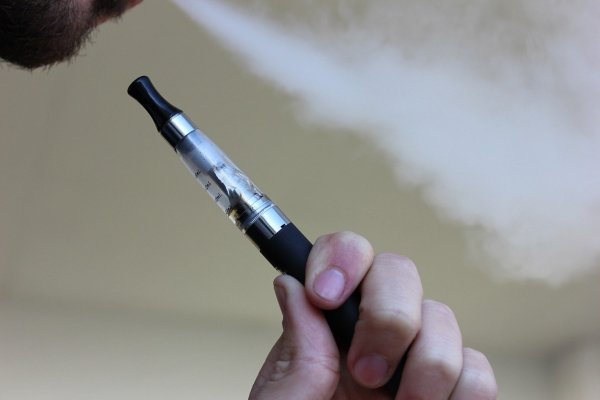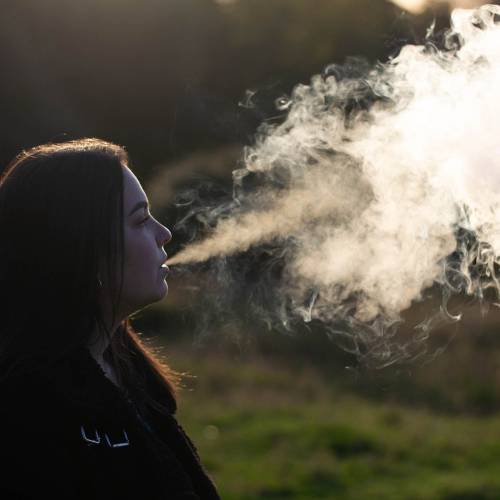Why are NICHS running this campaign?
Northern Ireland Chest Heart and Stroke are a charity. A large part of our work focuses on preventing chest, heart and stroke illnesses by empowering individuals to learn about potential risk factors that could cause these illnesses so that they can make healthy choices.
We have had an extreme uptake in demand from schools, sports clubs and youth clubs approaching us in search of support with information and talks to inform students and young people about the potential risks of vaping. Our experience is that parents, teachers and others who work with young people are very concerned about the number of young people who are vaping.
In Northern Ireland:
- 21% of 11-16 year olds have used an e-cigarette at least once.
- Those in the older year groups were more likely to report ever having used, with findings ranging from 6% of those in Year 8 to 44% of those in Year 12.
- E-cigarette usage is rising in teenagers - Year 12s currently using e-cigarettes increased from 10% in 2016 to 24% in 2022
- The proportion classed as regular e-cigarette users (using e-cigs once a week) increased from 6% to 17% in the same time period.
UK Data and other studies have also shown:
- 29.6% of people aged 18 years old using some form of e-cigarette/vape
- Over the year 2021-22, the use of disposable vapes has risen from 0.89% to 56.7%
- If you’ve vaped before you are 14 years old, you are 5 times more likely to have tried cigarettes by the age of 17 years old and you are 3 times more likely to be a frequent smoker by 17 years old
Currently, the long-term health implications of regular vaping are unknown - just as they once were with tobacco.There is a growing concern for NICHS, the Public Health Agency (PHA) and our partners, including schools, about the increasing numbers of young people who are vaping. Further action and awareness is required to educate young people and their families about the dangers of vaping.
There is also early emerging evidence and increasing concerns about the risks of vaping to our health, particularly with regard to cardiovascular and respiratory illness.
We have launched this pre-cautionary campaign as we are concerned about the increasing number of the population who are taking up vaping, particularly young people whose health may be vulnerable as their bodies are still developing.
We are worried that vaping could just be linked to future heart attacks, strokes and respiratory illness. This is why we have taken the decisive action now to advise the public not to vape.
We believe that vaping should be avoided, except when being used by existing smokers as a means to stop smoking. In these cases, the person should only use vapes as a short-term measure, for no more than twelve weeks and supported by a recognised behavioural change programme to stop smoking.






